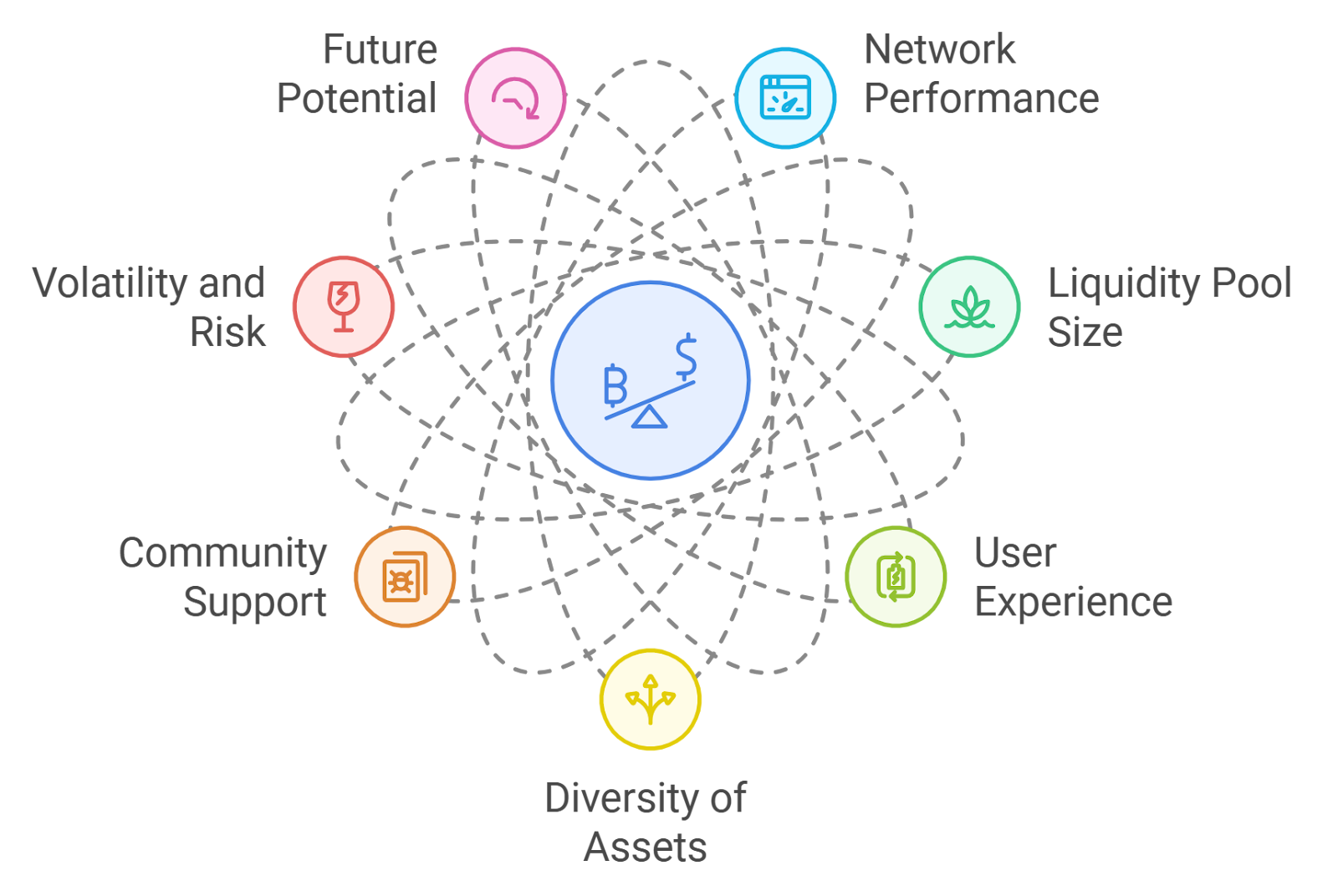Call for Open-Source Proprietary AMM Codebase Emerges for Solana DeFi

A prominent voice in the blockchain community, identified as "zmanian," has recently advocated for the development of an open-source codebase for proprietary automated market makers (AMMs) within the Solana ecosystem. The suggestion, shared via a tweet, highlights the potential benefits of such a solution, particularly its reliability for aggregators, even if it doesn't directly compete with existing proprietary offerings on specific trading pairs. This initiative aims to enhance the foundational infrastructure of Solana's decentralized finance (DeFi) landscape.
Proprietary AMMs, often termed "dark AMMs," have rapidly gained traction on Solana, distinguishing themselves from traditional open-source AMMs like Raydium or Orca. These proprietary systems operate without public frontends, privately quote prices, and rely on concentrated liquidity provided by single market makers. This unique architecture allows them to deliver tighter spreads, minimize slippage, and offer superior protection against Maximal Extractable Value (MEV) attacks, making them highly efficient.
The rise of these proprietary AMMs, including notable examples like HumidiFi and SolFi, is largely attributed to Solana's high-throughput and low-cost environment, which facilitates frequent price updates. These platforms have captured significant trading volumes, especially for liquid pairs such as SOL-stablecoin, often outperforming traditional AMMs. Aggregators play a crucial role in this ecosystem, routing user order flow directly to these proprietary AMMs to ensure optimal trade execution and pricing.
Zmanian's proposal for an open-source "prop amm codebase" points to a potential area for ecosystem growth and increased transparency. While proprietary AMMs offer efficiency, an open-source alternative could foster broader community involvement and innovation. Such a reliable, aggregator-friendly codebase could serve as a vital building block for new DeFi applications, complementing rather than directly challenging the specialized niches of existing proprietary solutions.